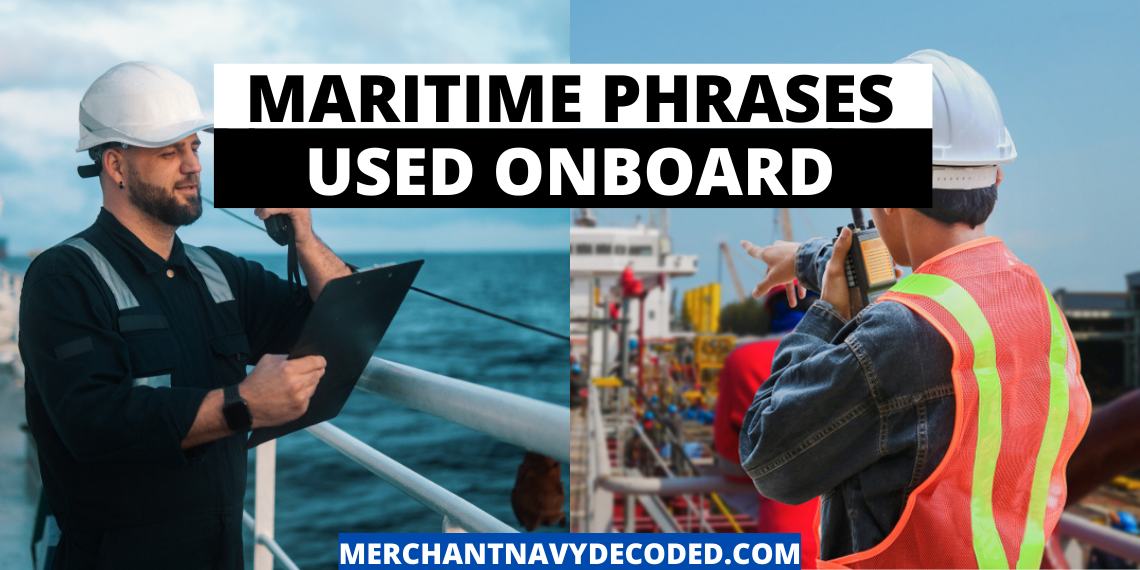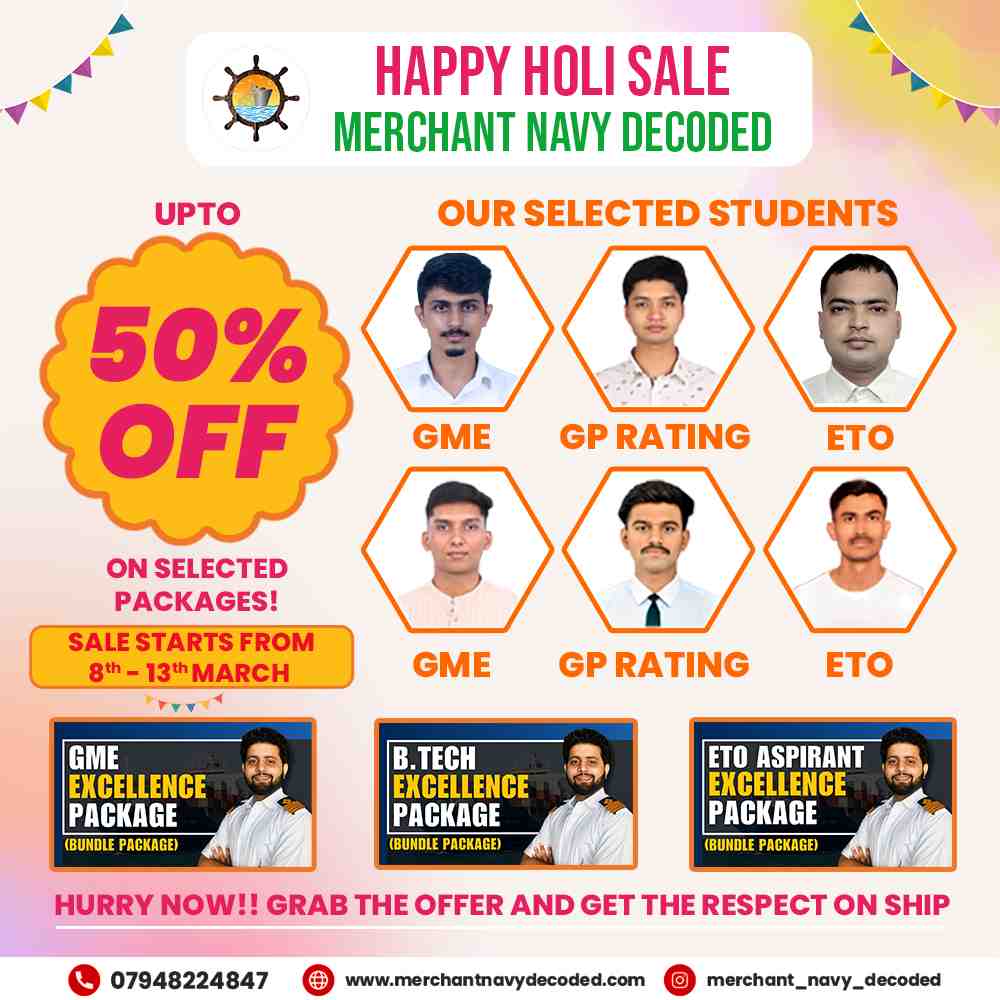Maritime Phrases Used Onboard
Seafarers spend a large part of their adult lives onboard. They get so accustomed to the work culture and lifestyle onboard that they develop qualities and habits unfamiliar to most people onshore. This is also one of the reasons why it becomes so difficult for seafarers to switch to shore jobs. They become so acquainted with working onboard that it is really difficult for them to adjust to the work environment of shore jobs.
Due to the confluence of different nationalities and cultures onboard, seafarers have invented their own phrases and lingo. Most seafarers around the world irrespective of their nationality are familiar with these terms and phrases that are used onboard every ship sailing around the world on a daily basis. Most of these terms/phrases have Indian or Philipino roots as most seafarers sailing onboard are Indians or Philipinos.

In this blog, we are going to list some of the most commonly used phrases onboard that may seem really strange and unfamiliar to most people. But for seafarers, it has become a part of their frequently used vocabulary.
1. Funda

This is one of the most commonly used terms onboard. Mostly Indian officers and crew members use this term. The term “Funda” means when somebody tries to enlighten you with unnecessary and incomplete knowledge. Onboard you meet many people who try to act smart and intellectual by giving you unnecessary knowledge and information that is of no use to you. People use this term onboard as a sarcastic remark whenever someone tries to give some kind of irrelevant advice.
2. Chop-Chop

This is another very commonly used word on the ship which may seem really strange and funny to most people. The term “Chop-Chop” means meal (breakfast, lunch, dinner). This term originated from Philipino roots. There are a lot of Philipinos working onboard ships around the world. Due to their dominating number in the shipping industry, a lot of their commonly used terms have now become really popular onboard all ships. If you encounter any Philipino onboard just ask him, did you have “Chop-Chop”, instead of asking did you have your meal today? Just notice the broad smile with which he will answer your question.
3. Paanchu
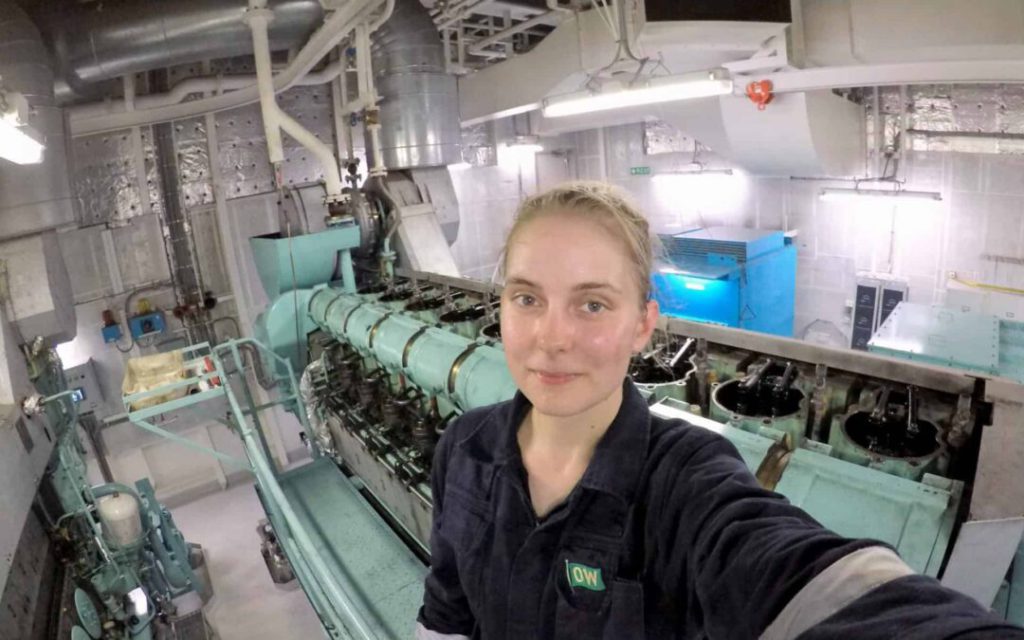
This term is basically used as an insult towards 5th engineers who are the junior-most members of the engine department. Although, it also depends from person to person, as 5th engineers who are really good at their jobs are called “Panch Saab” onboard. Which is a sign of respect as the term “Saab” is used for officers onboard ships. On the other hand, 5th engineers who are new to the job and don’t have sufficient knowledge are called “Paanchu” which is a kind of insult and disrespect. 5th engineers have to earn their place as “Paanch Saab” onboard after they prove their worth to their senior officers and other engine crew members.
4. Gala
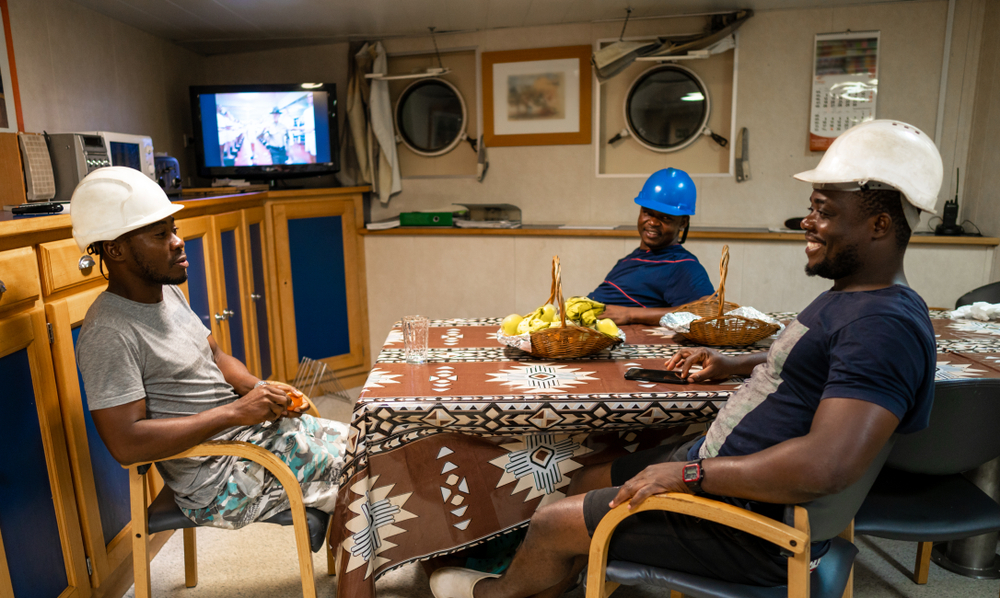
This term is not that unfamiliar to Indians as this is a commonly used household term in our country. Although onboard this term is used when someone wastes time aimlessly instead of doing their respective jobs. This term is very frequently used onboard by Indian officers and crew members.
5. Bada Saab/Badu
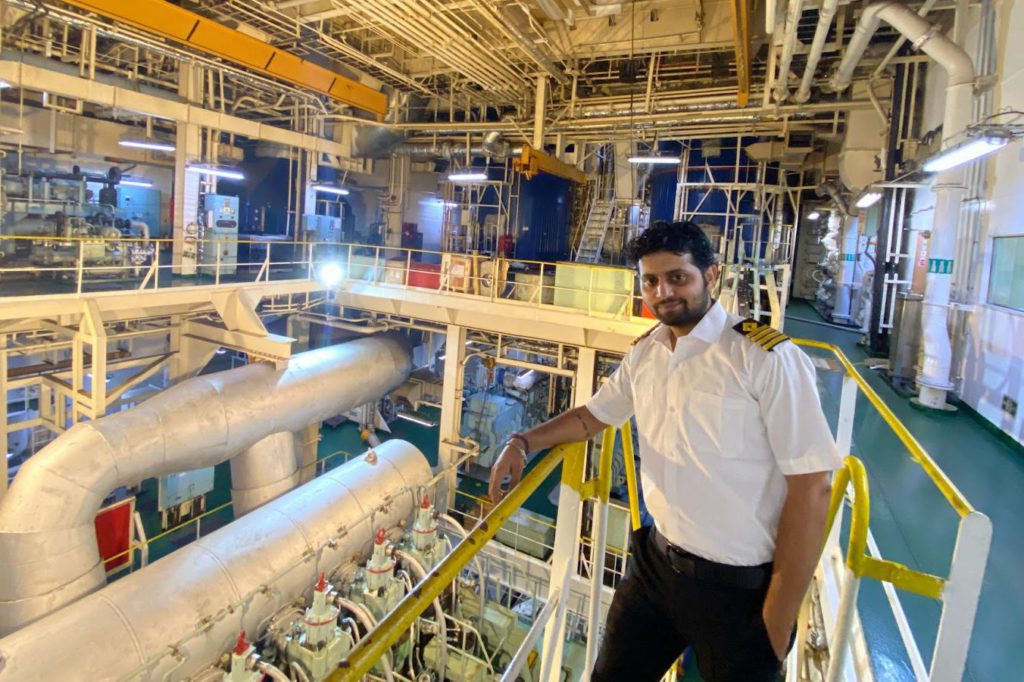
This is yet another commonly used term onboard of Indian origin. “Bada Saab/Badu” is used to denote the Chief engineer onboard a ship. This word once again is mostly used by Indian seafarers. People from other nationalities just use the term “Chief” for Chief engineers while Indian seafarers use the term “Bada Saab/Badu”.
6. Chota Batti/Mombatti
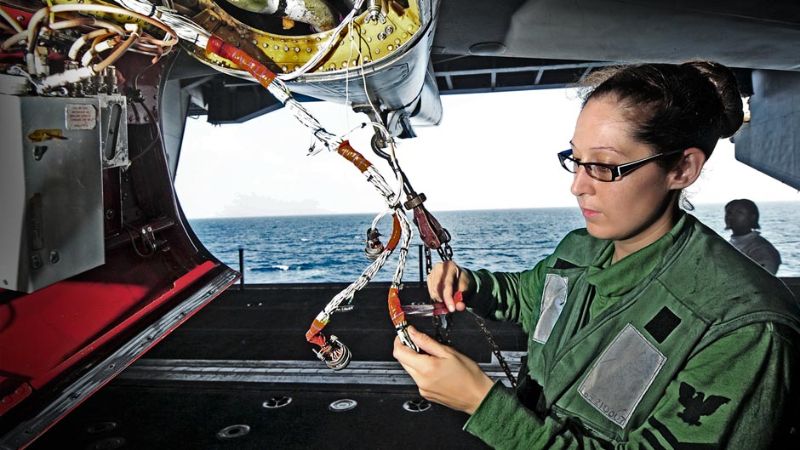
This term is used for Trainee Electro-technical officers onboard. As is the case with most seafarers in their initial training period even trainee ETOs have to face insults and disrespect from other experienced senior officers on board. “Chotta Batti/Mombatti” is an offensive or insulting term for Trainee ETOs. When they gain experience and are promoted as Electro-Technical Officers onboard then they are termed “Batti Saab”.
Seafarers live really isolated lives onboard. Their social life is almost negligible while onboard, they only call their families or close friends once in a while whenever they get time. Hence, they have to find ways to adjust to the environment of a ship and make their stay onboard a bit less monotonous than it already is.
Hence, they engage in various activities onboard in order to keep themselves busy and bond with the rest of the crew members who belong to different nationalities. Due to this bonding among seafarers of different nationalities, cultural and social ethos are exchanged. Seafarers get to know the language and social norms of different countries by interacting with their fellow crew members.
This is one of the reasons why there are so many unique phrases from different lingual origins that are universally known in the shipping industry.
“Meet people from other cultures so that you know that the world doesn’t swirl around you.”
Christian Louboutin
Disclaimer :- The opinions expressed in this article belong solely to the author and may not necessarily reflect those of Merchant Navy Decoded. We cannot guarantee the accuracy of the information provided and disclaim any responsibility for it. Data and visuals used are sourced from publicly available information and may not be authenticated by any regulatory body. Reviews and comments appearing on our blogs represent the opinions of individuals and do not necessarily reflect the views of Merchant Navy Decoded. We are not responsible for any loss or damage resulting from reliance on these reviews or comments.
Reproduction, copying, sharing, or use of the article or images in any form is strictly prohibited without prior permission from both the author and Merchant Navy Decoded.

